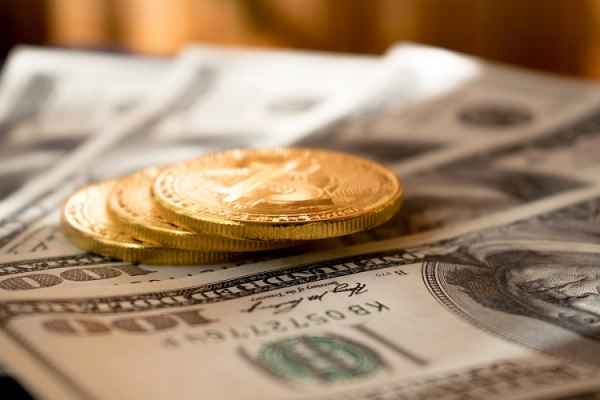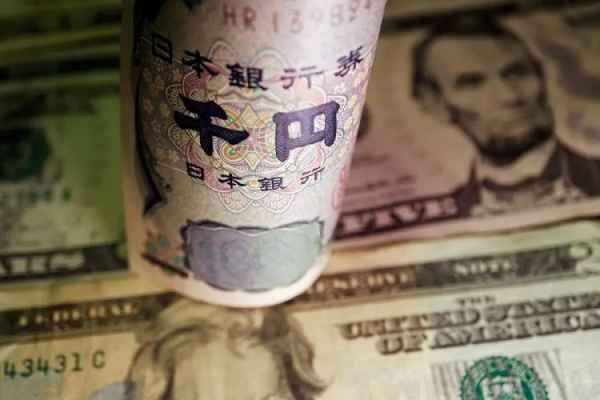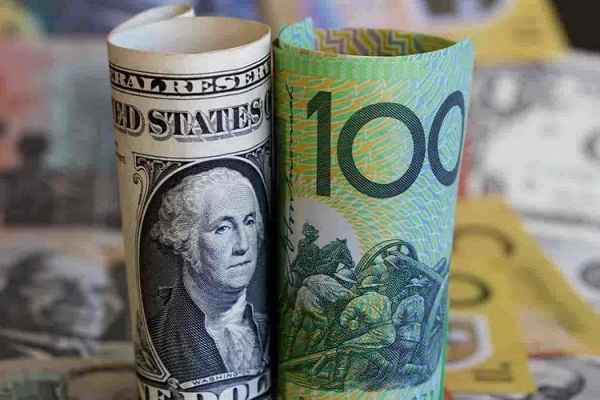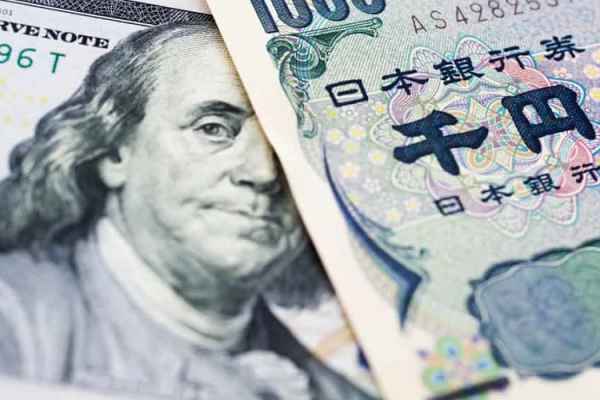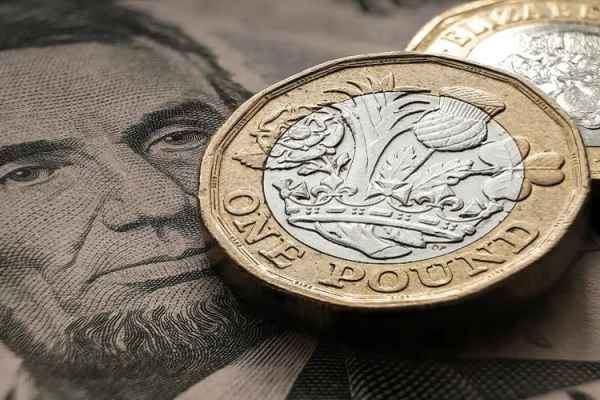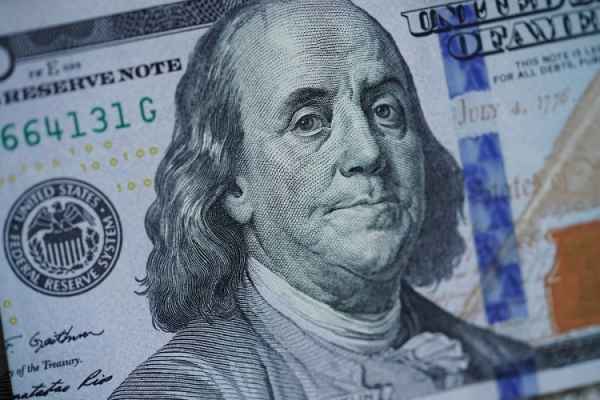First Citizens acquired the deposits and loans of Silicon Valley Bank from the FDIC in a multi-billion dollar swap deal.
On Tuesday (March 28th), during the end of the Asian session, the US Dollar Index (DXY) slipped to around 102.56 as the calming banking turbulence lowered market interest in buying safe-havens. The greenback weakened against all the most actively traded major currencies in that session, including the Australian dollar, New Zealand dollar, and Japanese yen. EUR/USD and GBP/USD rose by around 0.2% each.
![]() DXY Daily chart via TradingView
DXY Daily chart via TradingView
Yesterday, the US Federal Deposit Insurance Corporation (FDIC) announced that First Citizens Bancshares Inc would acquire Silicon Valley Bank (SVB)'s deposits and loans from the FDIC in a stock appreciation rights (SAR) swap transaction.
In this transaction, First Citizens will take over $110 billion in assets, $56 billion in deposits, and $72 billion in loans from SVB. Some of SVB's other assets will remain under the FDIC. First Citizens is the 36th largest bank in the United States, based on its assets before the transaction. The North Carolina-based bank has been experienced in acquiring dozens of banks and financial institutions since 1971.
With the rise of European bank stocks that had fallen last week, news of the SVB asset acquisition has helped ease market concerns. Consequently, the US dollar weakened against various other currencies since this week's trading opened. However, analysts believe anxiety has not entirely dissipated, and the USD will remain a favorite safe haven.
"I think First Citizens Bank's acquisition of the SVB loan book and deposits does not add much to solve the number one issue that the US banking system is now facing: deposits leaving smaller banks for larger banks or money market funds," Redmond Wong, Greater China market strategist at Saxo Markets, said.
"There is a big cloud - I won't say dark cloud, but definitely a cloud - and I think people are at least positioning for what they need to do if this thing moves in the wrong direction," said Bart Wakabayashi, branch manager at State Street in Tokyo. "For the moment, dollar is king - dollar is paying interest rates, dollar is safe. Even if it gets sold off, it won't be huge, and it will bounce back."

 Dedicated FREE FOREX VPS
Dedicated FREE FOREX VPS Free FOREX Virtual Private Server
Free FOREX Virtual Private Server MT4 Demo Contest, Get $500
MT4 Demo Contest, Get $500 Sign Up for an Account, Claim 60% Deposit Bonus
Sign Up for an Account, Claim 60% Deposit Bonus Free MT4/MT5 VPS 2024
Free MT4/MT5 VPS 2024 Send E-mail and Get Free Merchandise
Send E-mail and Get Free Merchandise $1K Refer a Friend Bonus for Pepperstone Pro clients
$1K Refer a Friend Bonus for Pepperstone Pro clients Maximize Your Earnings with 100% Deposit bonus
Maximize Your Earnings with 100% Deposit bonus Trade to Win, $5,000 Monthly Demo Contest
Trade to Win, $5,000 Monthly Demo Contest Claim 30% + 15% Deposit Bonus from LiteFinance
Claim 30% + 15% Deposit Bonus from LiteFinance
